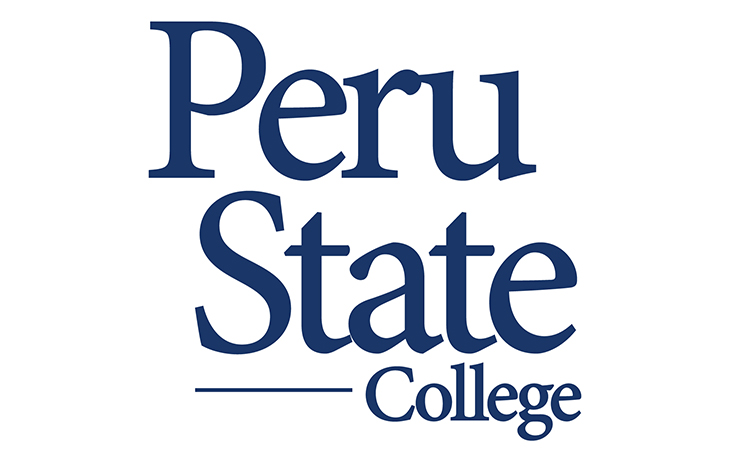FOR IMMEDIATE RELEASE
March 27, 2019, 5:00 p.m. CDT
Contact Jason Hogue, Peru State College Marketing and Communications, 402-872-2429
Peru, Nebraska– Three Peru State College students visited Costa Rica on a research trip over midterm break. Dr. Kate Trout, assistant professor of biology and human health, led the research and accompanied Nicole McMann (Auburn, NE), Jessenia Hincapie (Nebraska City, NE), and Destiny Soto (Papillion, NE).
During the research trip students participated in global health research in Guanacaste, a humanitarian project with the local non-governmental organization CREAR, and STEM activities with children as part of CREAR’s after school programs. They also held two health clinics in the towns Matapalo and El Torito.

Peru State students and faculty at the Samara Pacific School in Costa Rica. Photo courtesy of Samara Pacific School.
Trout said, “This project aimed to train undergraduate students in global health research, engage in humanitarian efforts, and study the rich biodiversity in Costa Rica.”
Soto said, “Our hopes were to educate the population on their own health conditions and help them to make steps toward a healthier lifestyle. The research focused on identifying local factors that contribute to the high incidence of dengue in order to develop a multidimensional tool to strengthen dengue prevention efforts.”
In addition to their work in Guanacaste, the students were able to volunteer with the Monteverde Cloud Forest Biological Reserve.
Hincapie said, “One morning we volunteered to clean up the forest around trash pickup sites, and they gave us an informative presentation over the cloud forest. In the afternoon, we were able to take a hike and see an overview of the whole cloud forest. This was one of my favorite parts because we got to see large amounts of biodiversity.”
Trout said, “Witnessing the dedication to the healthcare professionals and how they operate with such limited resources on a daily basis helps me to become a better epidemiologist and public health professional… It’s our job to try to identify these real operational challenges in healthcare delivery, and find solutions that can, at least, try to minimize them.”
Soto added, “There’s an entire world of people out there who have such different experiences, and everyone should have the opportunity to encounter that. It’s fulfilling to know that you’re helping people, even if it is a small population. I got to meet some amazing kids and touch the lives of so many people- and they all impacted my life in some way or another. I am definitely walking away from this experience changed and more knowledgeable than when I walked in.”
McMann said, “The trip was very enriching. The beautiful scenery was just one part of the wonderful experience and it was outshined by the interactions with the terrific community members.”
Dr. Trout added, “Any success in global health is measured by the commitment of your collaborators and the community. To everyone at CREAR, we appreciate the work that you do to improve Samara and the surrounding communities every day. Thank you!”
This was the first research trip to Costa Rica, but Dr. Trout will return there in January 2020 after receiving a fund from the National Science Foundation.
Trout concludes, “I plan to incorporate more student involvement into my global health efforts in the future.”
# # #
Ash Peiman contributed to this release.
The post Peru State students visit Costa Rica as part of research trip appeared first on Media.
